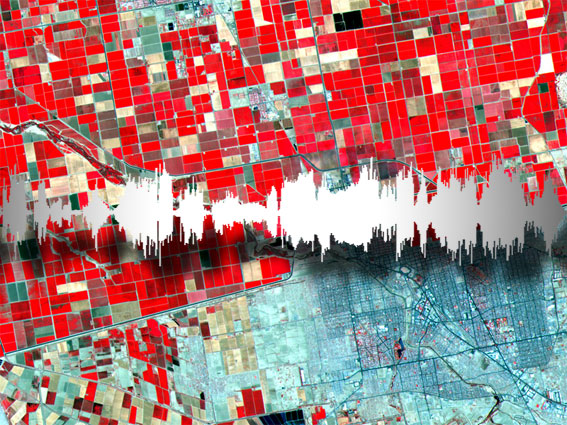|
Article 14 |
|
Article 17 |
|
Article 18 |
|
Article 22 |
|
Article 25 |
Scoll down for language information
Native Name
Español
Official Language: Spain, Canary Islands, Ceuta and Melilla, Argentina, Bolivia, Chile, Colombia, Costa Rica, Cuba, Dominican Republic, Ecuador, El Salvador, Guatemala, Honduras, Mexico, Nicaragua, Panama, Paraguay, Peru, Puerto Rico, Uruguay, Venezuela
Official Status: New Mexico/USA, Mexico
Background
It belongs to the Indo-European family, Romance group and is the official language of over 330 million people. Spanish is also an important immigrant language in numerous countries. The Vulgar Latin spoken by Roman armies and settlers in ancient Spain formed the basis of the many Spanish dialects that developed in the country's various regions during the Middle Ages (5th century to 15th century). The dialect of Castile, or Castilian Spanish, gradually became the accepted standard as Castile gained political dominance in the 13th century. During colonialism, the Spanish language was carried by Spanish colonists to the Canary Islands, the Antilles, the Philippines, southern North America, the greater part of South America, and the coast of Africa. This explains why many Creoles spoken around the world are Spanish-based. From an etymological point of view, while the majority of Spanish words derive from Latin, many are taken from other sources, including Greek, Basque, Celtic, Germanic, Arabic, French, Italian, and Native American languages. In its grammatical structure Spanish generally conforms with French, Italian, Portuguese, and the other Romance languages. The Spanish language has recently introduced a 27-letter alphabet, consisting of the 26 letters as used in English plus Ñ/ñ, called "enye". This 27-letter alphabet was adopted in April, 1994, at the 10th Congress of the Association of the Academies of the Spanish Language (X Congreso de la Asociación de Academias de la Lengua Española), attended by the representatives from the Spanish-speaking countries of the world. Spain contains three main regions where a second language is also spoken: Galicia, where Galician, originating from the Portuguese language, is spoken; the Basque provinces, where the Basque language, a unique language, is spoken; and Catalonia, where the Catalan language, also a Romance language, is spoken.
Reprinted from www.unhchr.ch/udhr/